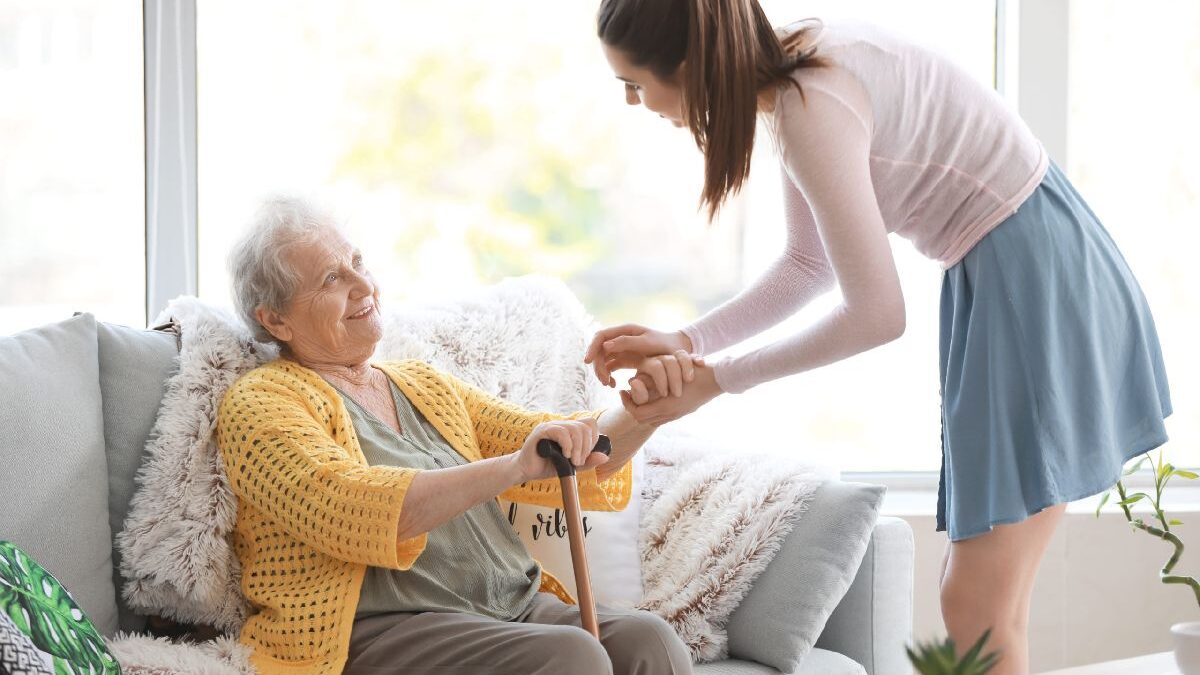You might know how embarrassing it can be if you have ever gone blank when asked a question. That is the situation of someone with dementia. It leads to loss of memory, behavioral changes, and even changes in emotions. The person may feel frustrated that they can no longer remember things as before or control their feelings. Over time, a person with dementia may no longer be able to tell the people around them what they need. It is on the people around them to figure out their needs and understand them. This article will focus on the unmet needs and why it is crucial to meet them.
Table of Contents
The Importance of Meeting the Unmet Needs of a Person Living with Dementia
The brain changes as we age, affecting how we behave. For a person with dementia, these changes are extreme and make it difficult for them to express themselves. It can also be difficult for the person looking after them. Dementia changes the quality of life, including memory loss. A person can no longer recall even new memories or current relationships. They may start to feel lonely, raising the need to find companion care in Frederick, MD for them. The seniors may also lose their ability to comprehend and express themselves. They may also change their sense of sight, smell, taste, and how they perceive things. It is also possible for a person living with dementia to lose control of their emotions.
These factors can aggravate their needs if unmet, causing them to become more nervous, aggressive, irritated, and unpredictable. Their communication skills may decline. They may also lash out and use inappropriate language. When such behaviors happen, a caregiver must recognize them and explore the possible causes. This can be overwhelming for someone, hence the need to seek help.
How to Recognize Unmet Needs
Caregivers must assess the cause of the abnormal behaviors by checking if the senior has everything they need. Once they can identify these unmet needs, they can act and engage the senior in activities to help meet them. The caregiver can check their body language and environment to see how it affects them. They can also be keen on the time of day when behavior changes, the room, or where they are. It is also essential to know what triggers certain behaviors and how different the person with dementia is when they are not upset.
What Are These Unmet Needs?
Everyone has unmet needs. However, people with dementia cannot express these needs as usual. They may do it in a way that is not easy to understand. That is why the professionals understand these behaviors at Capita City Nurses, communicate with the seniors, and provide what they need. There are three categories of unmet needs:
Physical Unmet Needs
- Discomfort
- Pain
- Hunger or thirst
- Urinary or bowel distress
- Fatigue
Psycho-social Unmet Needs
- Compassion
- Comfort
- Inclusion
- Attachment
- Identity
Emotional Unmet Needs
- Loneliness
- Sadness
- Boredom
- Anger
- Fear
Administering Help for a Person with Dementia
It is not easy for a person to recognize the unmet needs of their loved one living with dementia. That is why it is advisable to get help from professional caregivers. They can realize behavioral changes and the triggers to ensure they provide everything to meet the older adult’s needs.

